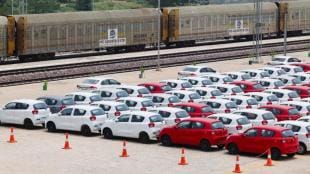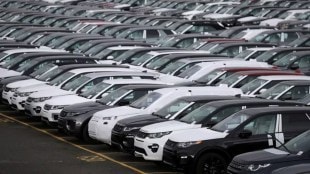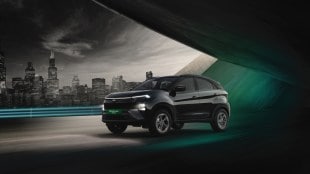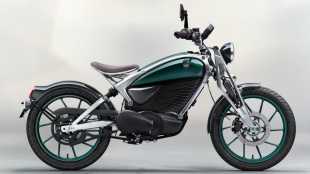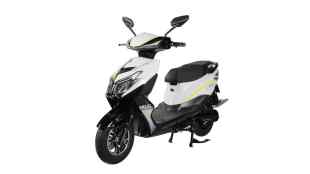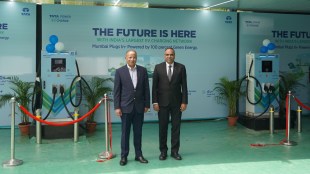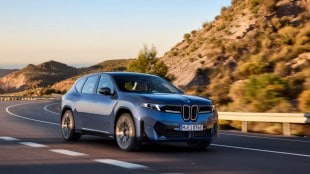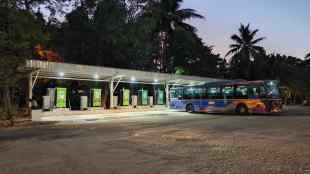EV scooter maker Bounce Infinity is piloting a new model that allows gig workers to lease its vehicles to ply on e-commerce, food delivery and quick commerce aggregator apps. The service called ‘Bounce Daily’ is currently active in Bengaluru, and select parts of Delhi NCR, through a company-owned fleet of 500 scooters, with plans to expand to other major metro cities, said Varun Agni, co-founder and chief technology officer, Bounce Infinity.
“The ability of OEMs to respond to critical incidents like accidents, mechanical or electrical issues, etc is going to be key in determining effectiveness of a B2B vehicle. Through this new model we are able to assume responsibility and costs of the servicing the vehicles. We are also able to provide this service at the point of delivery which is something that traditional OEMs aren’t able to do,” Agni added. The new model also allows gig owners to ‘rent-to-own’, — with daily rental fees being converted to EMIs for ownership after a minimum lease lock-in period.
The company which initially became popular for personal commute focused rentals has since exited the segment and shifted its focus entirely to manufacturing EV scooters catering to the gig economy.
The company which currently offers four mid-speed (45-70 kmph) variants, — Bounce Infinity E1X, E1+, Infinity E1 (Standard), and Infinity E1 LE (Limited Edition), — is also in advanced stages of launching a new range of low-speed (upto 25 kmph) vehicles. “Low speed EVs are seeing good adoption by gig workers due to range flexibility, cost reduction, and removal of entry barriers like requiring a driving licence to operate the vehicle,” he added. Its manufacturing facility in Bhiwadi, Rajasthan has an annual production capacity of 20,000 scooters per month. However, it is currently only utilising only about 7-10% of this capacity, with 85,000 of its EVs currently plying across aggregator apps.
“With players like Swiggy, Zomato, and Zepto setting 100% fleet electrification goals by 2030-35, we see a huge opportunity for EV scooters at-large. Meanwhile, with faster deliveries picking up even on the food delivery side, and average delivery distance coming down to 2-3 kms across the board, — low-speed vehicles suitable precisely for this segment will become more prominent moving forward,” he added.
In FY24, the company generated a revenue of Rs 88.7 crore, while incurring a loss of Rs 79.4 crore. It expects to close FY25 at over Rs 100 crore in revenue, while turning Ebitda positive.




